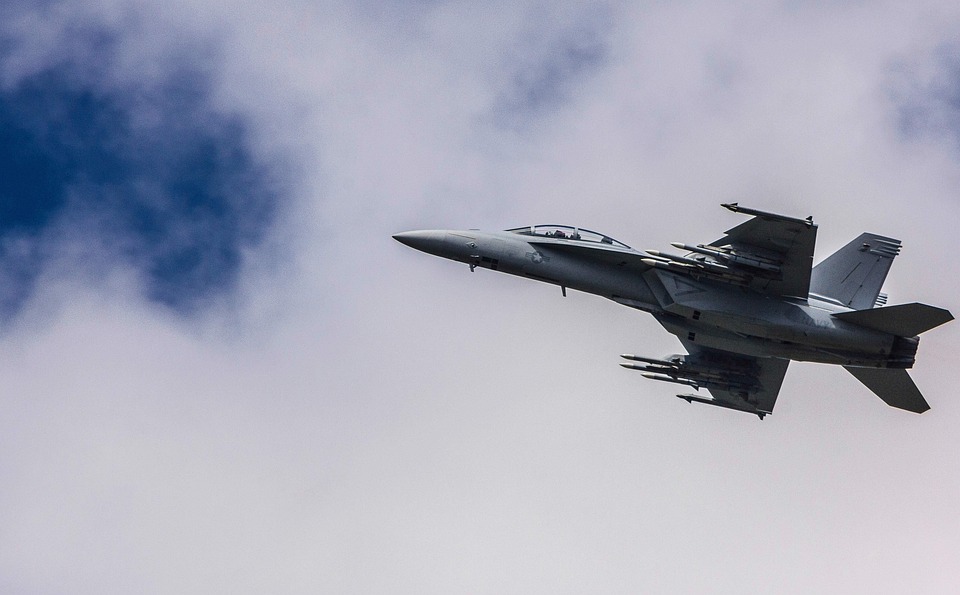The Japanese defense ministry is reportedly planning to develop long-range missiles that are set to be deployed by the 2030s. The planned development follows the recent unveiling of the country’s largest military build-up in decades.
According to the Kyodo news agency Saturday, Japan’s defense ministry is making arrangements to develop missiles with a range of 3000 kilometers that could be ready to be deployed by the 2030s. Tokyo is looking to deploy a 2000-kilometer range missile by the early 2030s and a 3000-kilometer hypersonic missile that can reach any target in North Korea and parts of China by 2035.
The planned development follows the unveiling of the country’s biggest military build-up since World War Two. The $327 billion plan will see the procurement of missiles capable of striking China amidst tensions in the region and Russia’s invasion of Ukraine.
The defense budget is part of a significant $863 billion budget from next April and was approved by Prime Minister Fumio Kishida’s cabinet Friday last month. The increased budget was partly due to the increased defense spending, which is part of the government’s new National Security strategy.
Japan’s new defense spending target is also in line with NATO standards and will eventually bring Japan’s annual budget to $73 billion, making the country the third-largest military spender, following the United States and China.
The new National Security strategy aims to provide Japan with a “counter-strike capability” that can intercept potential enemy attacks and protect itself from the risks posed by North Korea, Russia, and China, which Tokyo fears may invade the democratically-governed Taiwan. The strategy marks a significant change in Japan’s exclusive self-defense stance since the end of World War Two.
The strategy cited China’s increasing military buildup and its rivalry with the US, and its increased military activities near Taiwan as an “unprecedented and the greatest strategic challenge” to Japan’s and the international community’s peace and security. Japan says having a counterstrike capability is indispensable and constitutional if it responds to signs of an imminent attack by an enemy.
However, experts have said that there is difficulty in carrying out such an attack without risking blame for striking first. Opponents have said Japan’s strike capabilities go beyond its pacifist post-World War II constitution.



 Missouri Judge Dismisses Lawsuit Challenging Starbucks’ Diversity and Inclusion Policies
Missouri Judge Dismisses Lawsuit Challenging Starbucks’ Diversity and Inclusion Policies  Netanyahu to Meet Trump in Washington as Iran Nuclear Talks Intensify
Netanyahu to Meet Trump in Washington as Iran Nuclear Talks Intensify  Japan Election 2026: Sanae Takaichi Poised for Landslide Win Despite Record Snowfall
Japan Election 2026: Sanae Takaichi Poised for Landslide Win Despite Record Snowfall  New York Legalizes Medical Aid in Dying for Terminally Ill Patients
New York Legalizes Medical Aid in Dying for Terminally Ill Patients  South Korea Assures U.S. on Trade Deal Commitments Amid Tariff Concerns
South Korea Assures U.S. on Trade Deal Commitments Amid Tariff Concerns  Trump Backs Nexstar–Tegna Merger Amid Shifting U.S. Media Landscape
Trump Backs Nexstar–Tegna Merger Amid Shifting U.S. Media Landscape  Jack Lang Resigns as Head of Arab World Institute Amid Epstein Controversy
Jack Lang Resigns as Head of Arab World Institute Amid Epstein Controversy  Ohio Man Indicted for Alleged Threat Against Vice President JD Vance, Faces Additional Federal Charges
Ohio Man Indicted for Alleged Threat Against Vice President JD Vance, Faces Additional Federal Charges  Nighttime Shelling Causes Serious Damage in Russia’s Belgorod Region Near Ukraine Border
Nighttime Shelling Causes Serious Damage in Russia’s Belgorod Region Near Ukraine Border  U.S. Announces Additional $6 Million in Humanitarian Aid to Cuba Amid Oil Sanctions and Fuel Shortages
U.S. Announces Additional $6 Million in Humanitarian Aid to Cuba Amid Oil Sanctions and Fuel Shortages  Pentagon Ends Military Education Programs With Harvard University
Pentagon Ends Military Education Programs With Harvard University  Trump Allegedly Sought Airport, Penn Station Renaming in Exchange for Hudson River Tunnel Funding
Trump Allegedly Sought Airport, Penn Station Renaming in Exchange for Hudson River Tunnel Funding  U.S. to Begin Paying UN Dues as Financial Crisis Spurs Push for Reforms
U.S. to Begin Paying UN Dues as Financial Crisis Spurs Push for Reforms  Trump Allows Commercial Fishing in Protected New England Waters
Trump Allows Commercial Fishing in Protected New England Waters  Trump Says “Very Good Talks” Underway on Russia-Ukraine War as Peace Efforts Continue
Trump Says “Very Good Talks” Underway on Russia-Ukraine War as Peace Efforts Continue  Trump Lifts 25% Tariff on Indian Goods in Strategic U.S.–India Trade and Energy Deal
Trump Lifts 25% Tariff on Indian Goods in Strategic U.S.–India Trade and Energy Deal  Trump Endorses Japan’s Sanae Takaichi Ahead of Crucial Election Amid Market and China Tensions
Trump Endorses Japan’s Sanae Takaichi Ahead of Crucial Election Amid Market and China Tensions 































